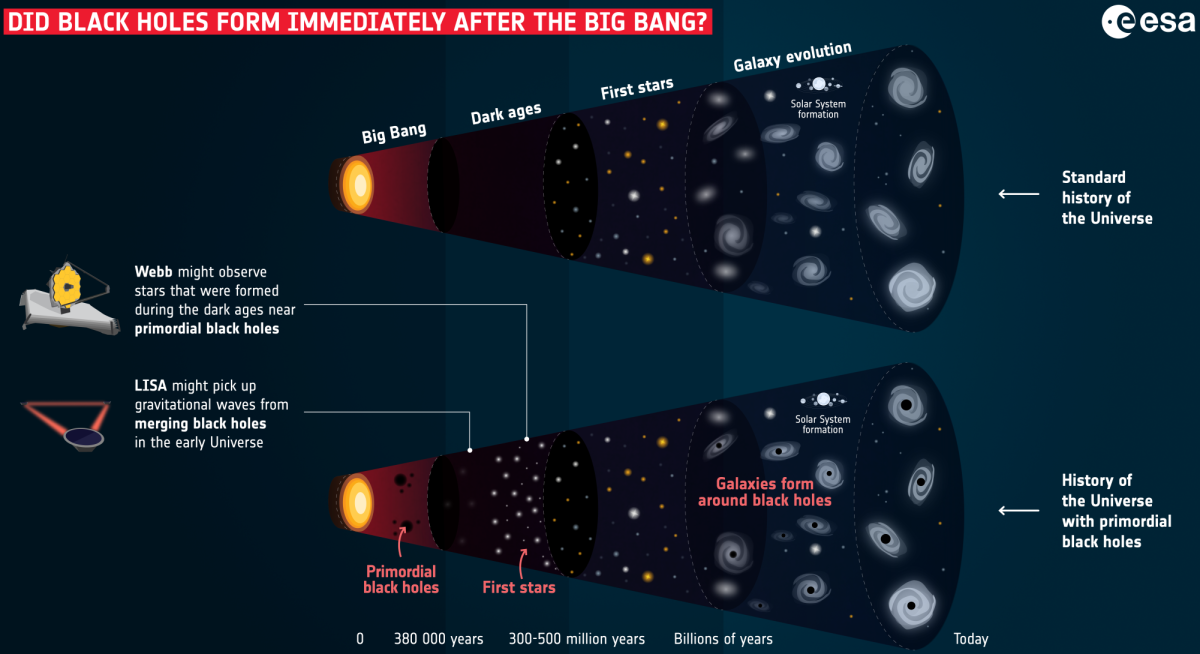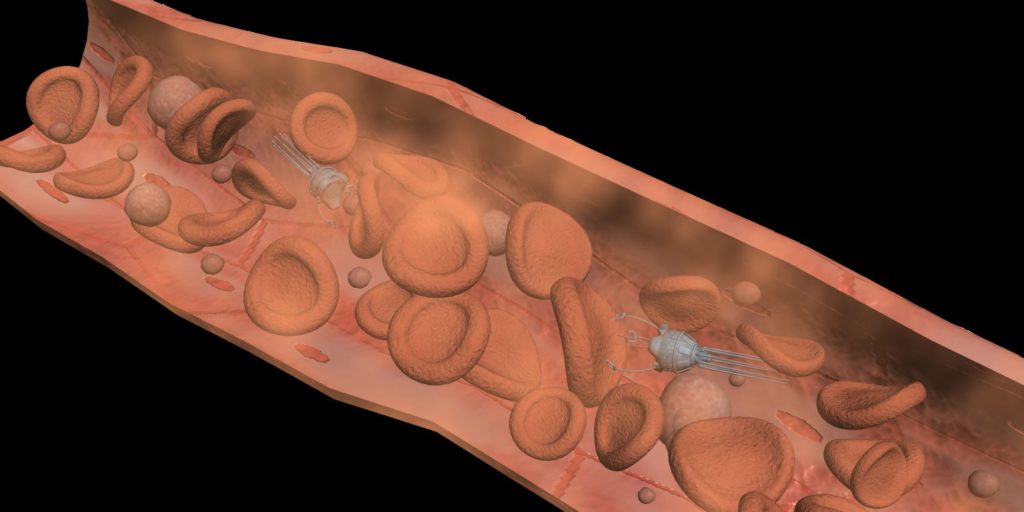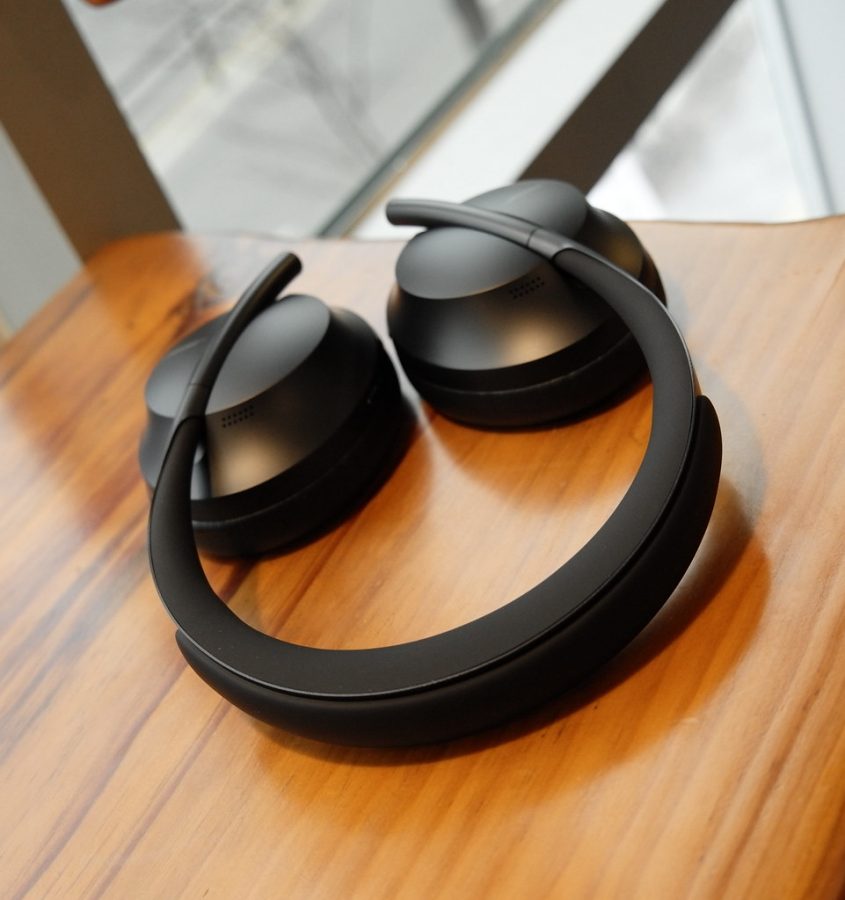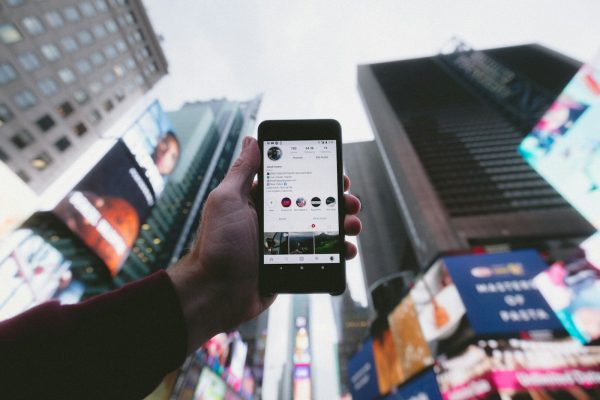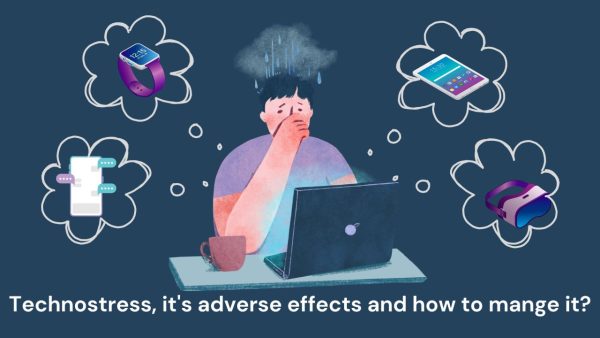A New Development in Memes and Misinformation
What are Memes?
If you don’t know, memes are text, images, and videos meant to be funny or entertain. Some memes spread news or information through lighthearted ways and many times just a funny caption over a picture. Memes have been growing in popularity in recent years and the main community of memes are teenagers. Many teens share memes on social media. Even many adults appreciate memes because they are usually funny and share hilarious experiences online.
What is Misinformation?
Misinformation is inaccurate information sometimes told on accident but always untrue. Misinformation is dangerous because many people can start to believe fake information. Spreading misinformation means that people have to believe the story, so people intent on spreading harm try to make the info believable. Deepfakes are ways of spreading misinformation. They are pictures/images that are altered to give a person a certain view on the image. This is bad because though an image might look real it could have been altered to make you think something else.
What do Memes and Misinformation Have in Common?
Memes and misinformation are very different things but memes can be the vessel for the misinformation. For example you might be less susceptible to a completely fake statement in a newspaper than you are to a funny meme. What I am saying is that you might believe memes more than a flat-out lie. This meme becomes reality in your mind because it captivates your attention. This is becoming an accidental way to spread misinformation because people may believe something that is not true. This has become a very bad issue because important topics such as the Covid-19 vaccine are being twisted through memes. may times memes are not true but they stick in people’s minds. Since they stick you might start to believe them.
RELATED STORIES
https://www.axios.com/memes-misinformation-coronavirus-56-2c3e88be-237e-49c1-ab9d-e5cf4d2283ff.html
https://www.upr.org/post/how-memes-can-spread-disinformation
https://foundation.mozilla.org/en/blog/misinfo-monday-memes-and-misinformation/





